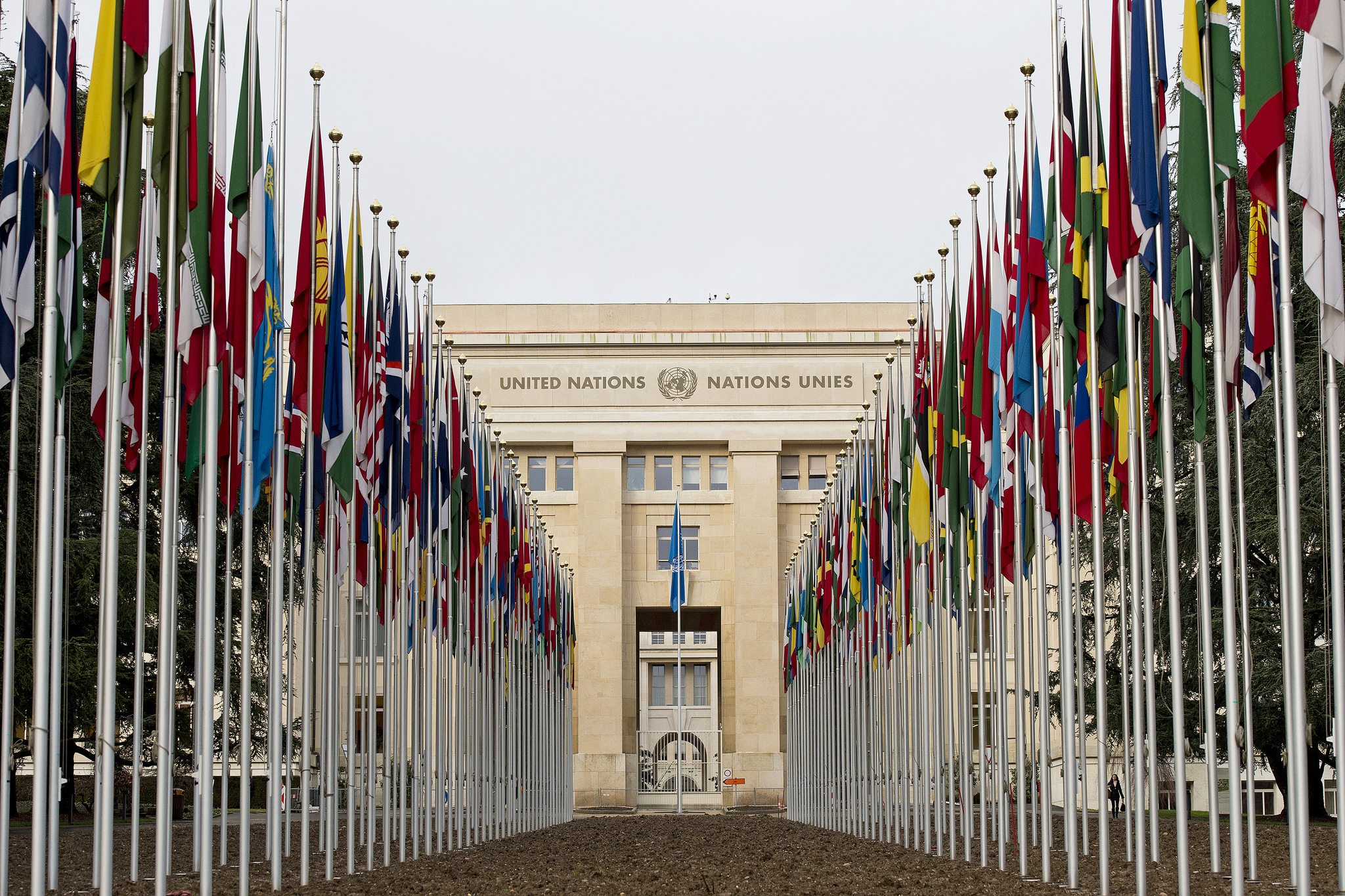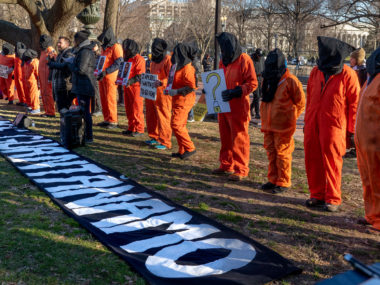A remarkably successful bombing yesterday in Damascus has me reflecting on Mark Lichbach’s 5 Percent Rule conjecture that no government can survive an active mobilization of five percent of its citizens. As Barbara Walter argued over at Political Violence @ a Glance and Emily Ritter and Scott Wolford argued at The Monkey Cage, Bashar al Assad is likely to fight to the death because the international human rights regime leaves him little incentive to do otherwise (SoS Clinton’s efforts not with standing). As useful as those assessments are, they stop at the titular leader and fail to ask what implications the regime has for the behavior of those who must carry out orders. Jacqueline DeMerrit’s dissertation explores precisely that question, and she concludes tht the existence of the regime erodes the likelihood that agents of coercion will carry out orders to kill civilians and otherwise engage in human rights violations especially as those outside the country are able to monitor their activities.
This is where the 5 Percent Rule enters the picture. Lichbach suggests that states cannot survive if 5 percent of the population engages in active collective action against the state. Marching, as in people power revolutions in Iran (1979), the Philippines (1986), Eastern Europe (1989), and the USSR (1991) is primarily what Lichbach has in mind, though armed action certainly would count as well. In Iran, the Philippines, and East Germany dictators ordered the use of mass targeting of unarmed citizens, and the regime fell at the moment that the military refused. In Nicaragua Samoza persuaded his air force to bomb several barrios of Managua in 1979, but eventually he saw that he no longer had the support of his officers, and fled.
Returning to Syria, this is where the 5 Percent Rule, the international human rights regime, and indiscriminate targeting of civilians intersect. Through projects like Eyes on Syria groups like Amnesty International and Human Rights Watch purchase satellite images fromDigital Globe and other commercial vendors, thus letting everyone know that indisputable evidence of indiscriminate targeting in Syria is public record. That steels leaders like Assad, but what impact does it have upon the likelihood of achieving 5 percent? I offer my own elaboration of Lichbach’s conjecture: the collapse of the coercive apparatus due to a refusal to carry out orders rises non-linearly as mobilization moves from 0 percent to 5 percent. DeMerrit tells us that the percentage of soldiers and police willing to conduct indiscriminate violence against unarmed civilians drops as monitoring rises.
What does all of this suggest about the short run future in Syria? Military leaders and other government officials had already been defecting, but yesterday’s bombing is significant because it strongly suggests that people still holding their positions within the security apparatus provided intelligence about the location and time of the meeting. The calculations that the agents of coercion throughout Syria are making today, I suspect, are thus producing different odds. To be sure, there are those with sufficient blood on their hands and other ties to Assad’s rule that they will not defect until they are safely in a prison cell. But there are tens of thousands of others, and if I had to place a wager, I would bet that more and more of them are going to conclude that Assad will lose. Let the mass shirking begin, and I suspect it will be only days or at most weeks before we see the key act of insubordination that will collapse Syria’s current regime (though see Erica Chenoweth’s view to the contrary here).
@WilHMoo
This piece was originally published at author Will H. Moore’s blog.






5 comments
I was hopeful that nonviolent regime-change would happen in Syria. It was so heady when the revolution began: the people of Syria just kept coming – demonstrating nonviolently – as the al-Assad government kept kiling them. It really was remarkable!
An end is at hand . . . 19,000 dead since March 2011 . . . .
“let the shirking begin” & “the key act of insubordination” Do you have a list of insiders’ behaviors as a regime crumbles?